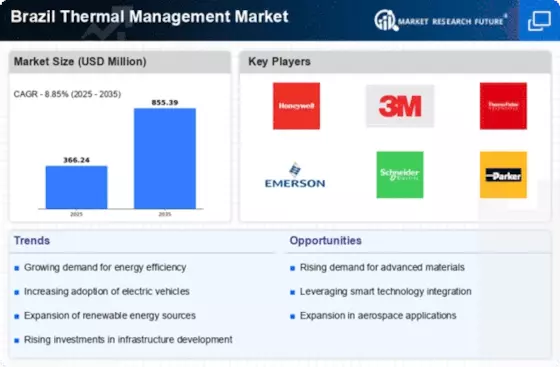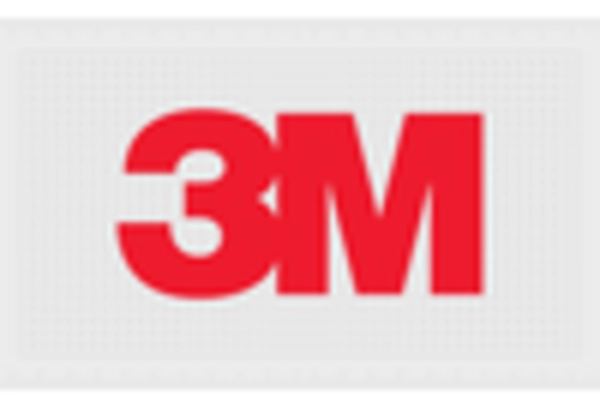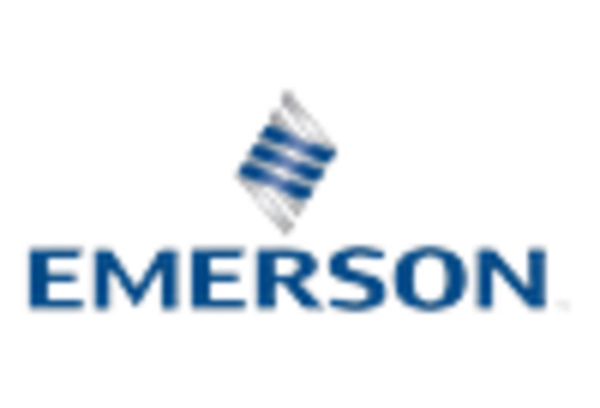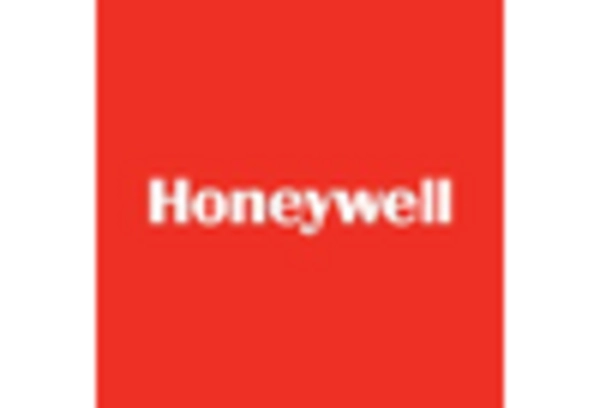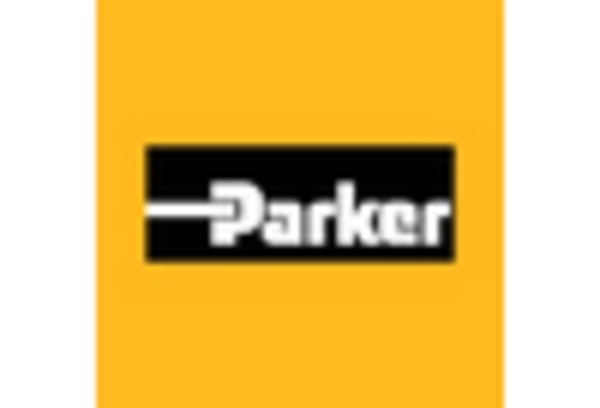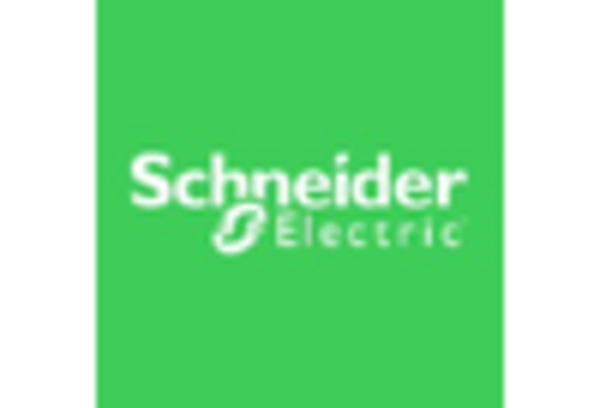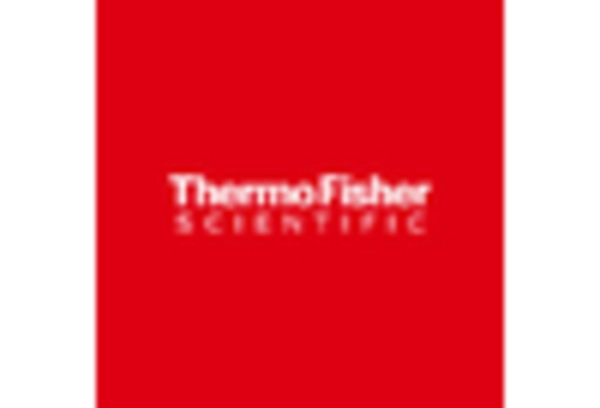Expansion of the Automotive Sector
The automotive sector in Brazil is undergoing substantial expansion, which is positively impacting the Brazil Thermal Management Market. With the increasing production of vehicles, there is a heightened need for advanced thermal management systems to ensure optimal engine performance and passenger comfort. The Brazilian automotive market is projected to reach a production volume of over 3 million vehicles annually by 2026. This growth is likely to stimulate demand for innovative thermal management solutions, including cooling systems and heat exchangers, which are essential for meeting stringent emissions regulations and enhancing vehicle efficiency. Consequently, the automotive industry's expansion is expected to be a significant driver for the thermal management market in Brazil.
Growing Demand for Energy Efficiency
The Brazil Thermal Management Market is experiencing a notable surge in demand for energy-efficient solutions. As energy costs continue to rise, both consumers and businesses are increasingly seeking technologies that minimize energy consumption while maintaining optimal performance. This trend is particularly evident in the residential and commercial sectors, where energy-efficient thermal management systems can lead to significant cost savings. According to recent data, the energy efficiency market in Brazil is projected to grow at a compound annual growth rate (CAGR) of approximately 8% over the next five years. This growth is likely to drive innovation and investment in thermal management technologies, positioning Brazil as a key player in the global energy efficiency landscape.
Increased Focus on Renewable Energy Sources
The Brazil Thermal Management Market is likely to benefit from the country's increased focus on renewable energy sources. As Brazil continues to invest in solar, wind, and hydroelectric power, the demand for thermal management solutions in these sectors is expected to rise. Efficient thermal management is crucial for optimizing the performance of renewable energy systems, such as solar panels and wind turbines. The Brazilian government has set ambitious targets for renewable energy generation, aiming for a 45% share of renewables in the energy mix by 2030. This commitment is likely to create a favorable environment for thermal management technologies, as companies seek to enhance the efficiency and reliability of renewable energy systems.
Rising Industrialization and Manufacturing Activities
Brazil's ongoing industrialization and manufacturing activities are contributing to the growth of the Brazil Thermal Management Market. As industries such as chemicals, pharmaceuticals, and food processing expand, the need for effective thermal management solutions becomes increasingly critical. These industries require precise temperature control to ensure product quality and operational efficiency. Recent statistics indicate that Brazil's manufacturing sector is projected to grow by approximately 5% annually, further driving the demand for thermal management systems. This growth presents opportunities for companies specializing in thermal management technologies to cater to the specific needs of various industrial applications, thereby enhancing their market presence.
Technological Advancements in Thermal Management Solutions
Technological advancements are playing a pivotal role in shaping the Brazil Thermal Management Market. Innovations in materials, design, and manufacturing processes are leading to the development of more efficient and effective thermal management solutions. For instance, the introduction of advanced phase change materials and nanotechnology is enhancing the performance of thermal management systems across various applications. As industries increasingly adopt these cutting-edge technologies, the demand for sophisticated thermal management solutions is expected to rise. Furthermore, Brazil's commitment to fostering innovation through research and development initiatives is likely to support the growth of the thermal management market, enabling companies to stay competitive in a rapidly evolving landscape.


